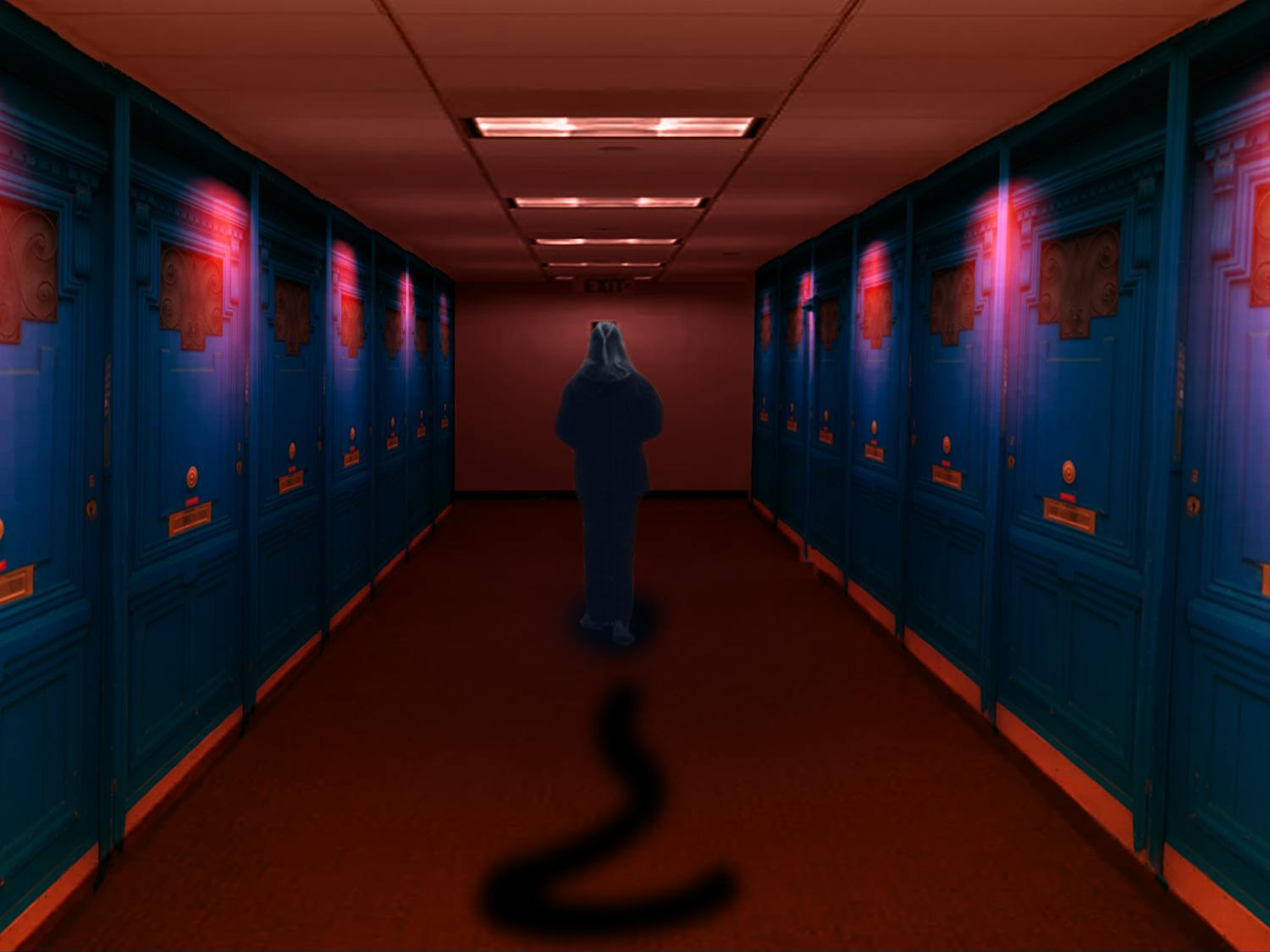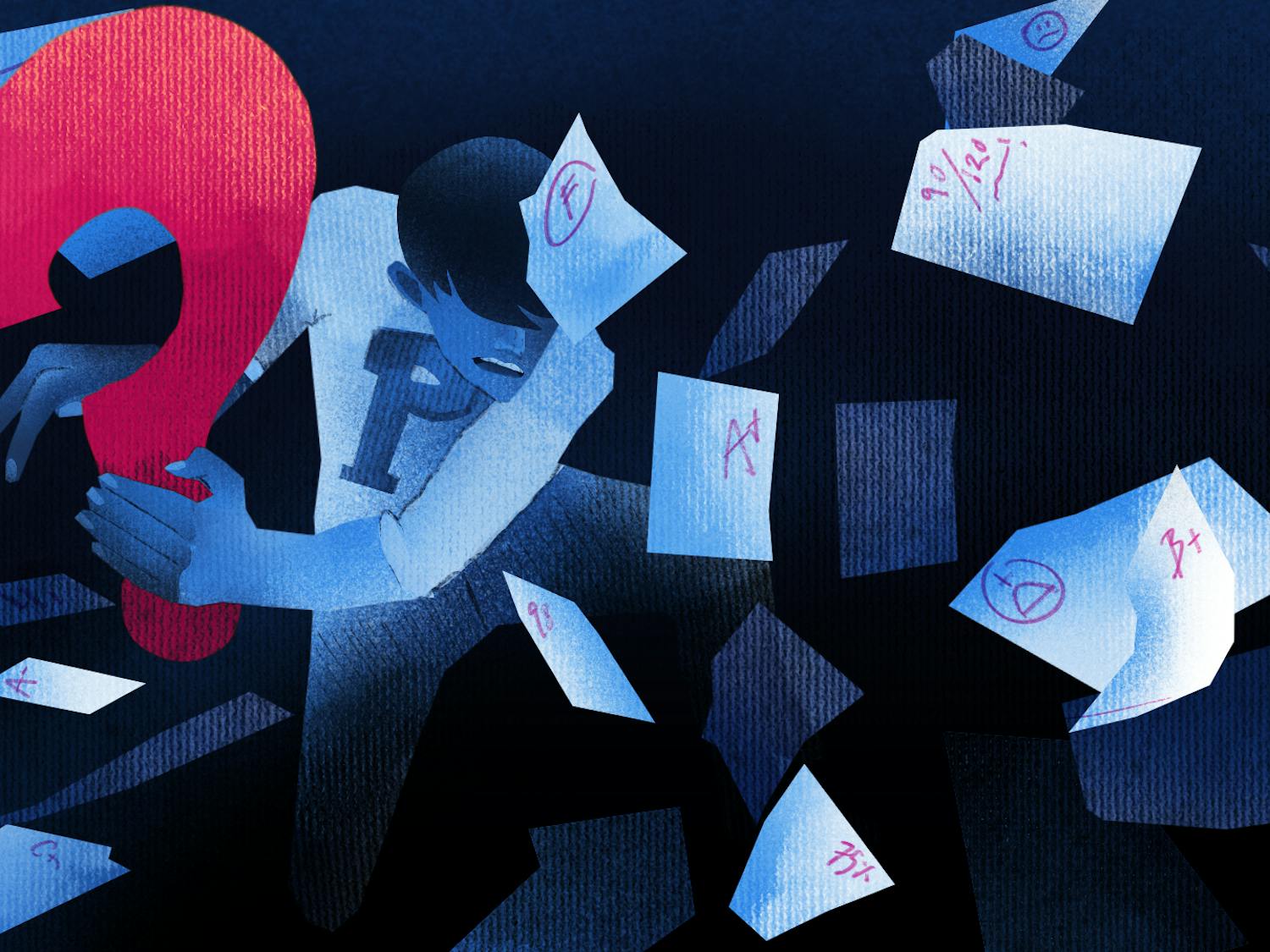Last month, I was informed via email from SRFS that “any students continuing to receive academic credit in their program through online instruction are not eligible for refunds of tuition and fees.”
After having been asked to leave campus, and classes being moved online, the question of money has weighed heavily in the minds of students. Housing and dining refunds, we have been told, will appear on next month’s billing statements. Given that these are services we no longer have any use of, a refund is appropriately a no-brainer. But tuition is trickier to put a price tag on. When we pay for Penn, what are we paying for? The message I had received said that it is course units leading to a degree. That doesn’t cover it.
In strict numbers, the cost of tuition for Penn undergraduates this year, according to the SRFS website, is $51,156 per academic year, not including fees. For the sake of argument, the cost of a half of a semester would then be $13,292. If you wrote off the remainder of the semester as worthless, that would be refunded. But, of course, we are still receiving an education, albeit an abbreviated one, via online resources like Canvas, Zoom, and Panopto. Our Spring Break was extended by a week as professors scrambled to move classes online, and although classes have resumed mostly intact, none are the same as they once were.
Kunal Pasrija, an MBA student at Northwestern University, asked in the Wall Street Journal, “Would you pay $75,000 for front-row seats to a Beyoncé concert and be satisfied with a live stream instead?” The basic fact of these online resources is we are no longer receiving the world-class education that Penn is widely renowned for. Labs and clinicals have been canceled, and discussion-based seminars have had to adapt to Zoom. Professors are doing their best, but even the easiest of transitions mean inherent changes to how we are learning. The movement to opt-in pass/fail is a reflection of this strain to meet educational standards, and students have also called for a tuition refund, citing both the struggles of learning from home and also the financial strain that the pandemic has put on them.
Penn cannot account for the inherent difference between each students’ unique situations under the current circumstances. At the most extreme, some students must return to difficult home lives, such as abusive or impoverished environments. More commonly, students are sent back home to poor Wi-Fi connections, obligations like taking care of sick family members, and being forced to attend class in the middle of the night, as international students are. All of these are distractions from our studies and are directly affecting our ability to learn.
Alongside these demonstrable differences between education on-campus and at home, we have the softer factors. A pivotal part of a college education, especially at a place like Penn, is the environment. Any given day, you can have a conversation with a fellow student that changes the way you think, step into office hours with your professor and walk out a little inspired, or attend a talk on a whim that inspires you for the rest of your life. Those opportunities have not entirely evaporated, as some organizations move online, but the accessibility and spontaneity of these opportunities are no longer available. We’re simply not immersed in it. Part of what I paid for at Penn is the doors that are opened to me, and they all suddenly disappeared when campus shut down.
I cannot pretend to know what goes into making decisions surrounding large sums of money. Already, Penn is taking a huge bath with refunding students’ room and board, and unable to rent it out to others on such short notice (although many argue they should be used as overflow for hospital patients). But currently Penn’s endowment stands at $14.7 billion, while President Amy Gutmann’s salary stands at $3.9 million. Surely there is some wiggle room there. Meanwhile, graduating students like myself are being sent into a recession with massive student debt and job offers being rescinded due to the pandemic. Who stands to lose more?
In addition to housing and dining credits, Penn also promised Summer Savings Grants to students on financial aid to account for lost summer work, available to financially-aided undergrads except seniors. While helping the most financially at-risk among us, that does not acknowledge the lack of resources and top-tier education that Penn has failed to provide during this time, as many students have pointed out. It is not Penn’s fault we are in the middle of a pandemic, nor was it wrong of them to send us home, but it is their responsibility to account for these hazards and appropriately issue a partial refund of our tuition for this semester.
It is time for Penn to acknowledge that it owes more to students than a refund for housing and dining and that we pay our school for more than just a diploma, especially when students have never been more vulnerable. It is also time for students to demand more from a school that intends to put them first.
SAM YELLOWHORSE KESLER is a College Senior and previous editor for 34th Street Magazine."









